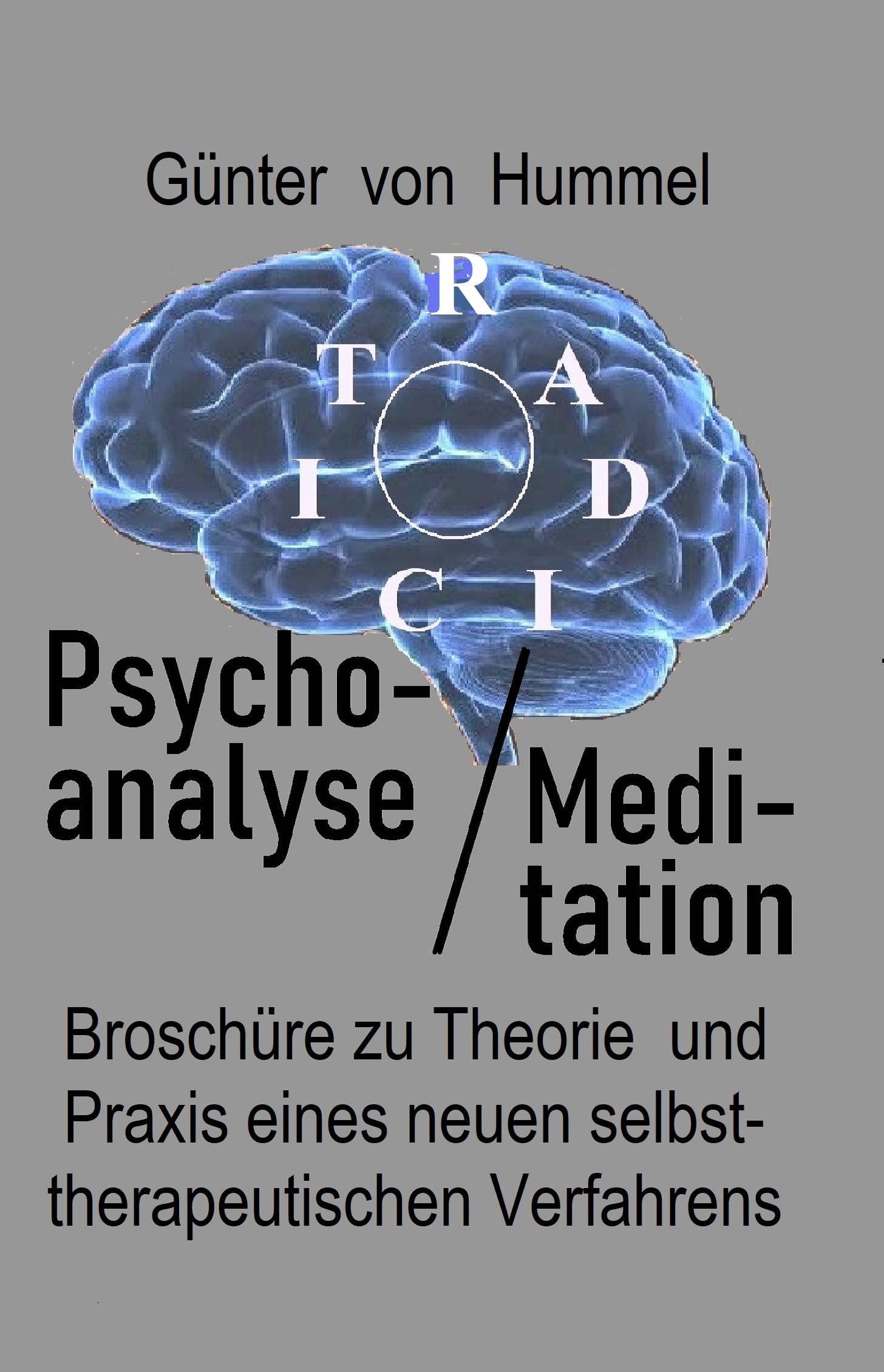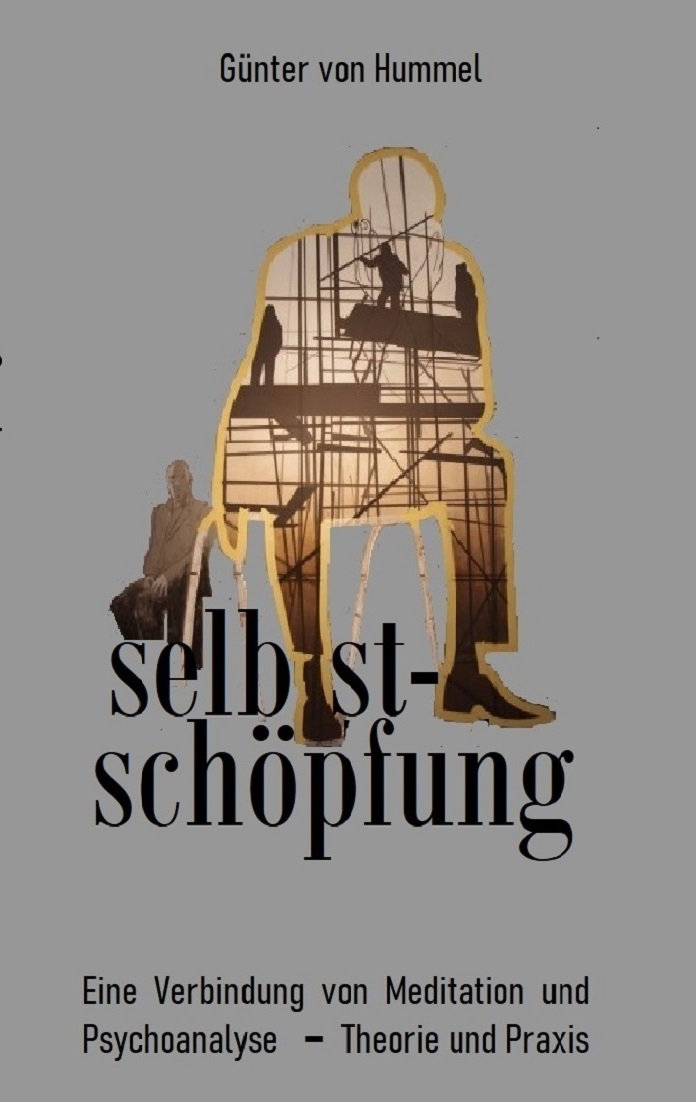You can see how much mysticism and psychoanalytical science are similar to each other, though they also need be distinguished from each other.  In both cases wisdom plays a decisive role.
In both cases wisdom plays a decisive role.
In mysticism, though, such wisdom is and remains veiled somehow, whereas in psychoanalysis it is and need be freely communicated. As a matter of fact, the psychoanalytic term: 'compulsion to repeat', which I related to the term echo-discourse and echo-discourse above, is similar to the term 'reincarnation' - continuously and unconsciously repeating things in the course of life, despite them sometimes being detrimental. Well-known philosopher, K. Popper, states that the approach in scientific research is not only based on direct observation and subsequent construction of an exact theory. Moreover, it is observation that leads to a presumption, whereby the latter determines the direction in which further research and further observation is carried out1. Actual scientific research is controlled to a greater extent by presumption than by observation. This is a reason why mathematics as well as psychoanalysis is both categorized as presumptive or conjectural sciences. Reincarnation theories are also based on precise presumptions, on conjectural thinking. Reincarnations are not only experienced in the immediate present, they are rather experienced psychically as a reflection and resonance of an earlier time. Our scenic ('light') and rhetoric ('sound') are, after all, also found here, and relate to precise repetitions and topological lines, which knit through the 'reincarnations'. We are amidst daily psychology and need not consider the mysterious ghosts of some 'Karmas', but alternatively are not solely subject to a compulsion to repeat. Someone who experiences the 'vision' of an 'earlier existence', for example by recognizing relations to a profession or an affectionate relationship of earlier times, needs only to inquire on shame or guilt aspects that connect the 'earlier' with the present, thus having performed his own little psychoanalysis.
1 Popper, K., Die Welt des Parmenides. Der Ursprung des europäischen Denkens. Published by A.F. Petersen, Piper (2001); pages 32-36
In both cases wisdom plays a decisive role.


